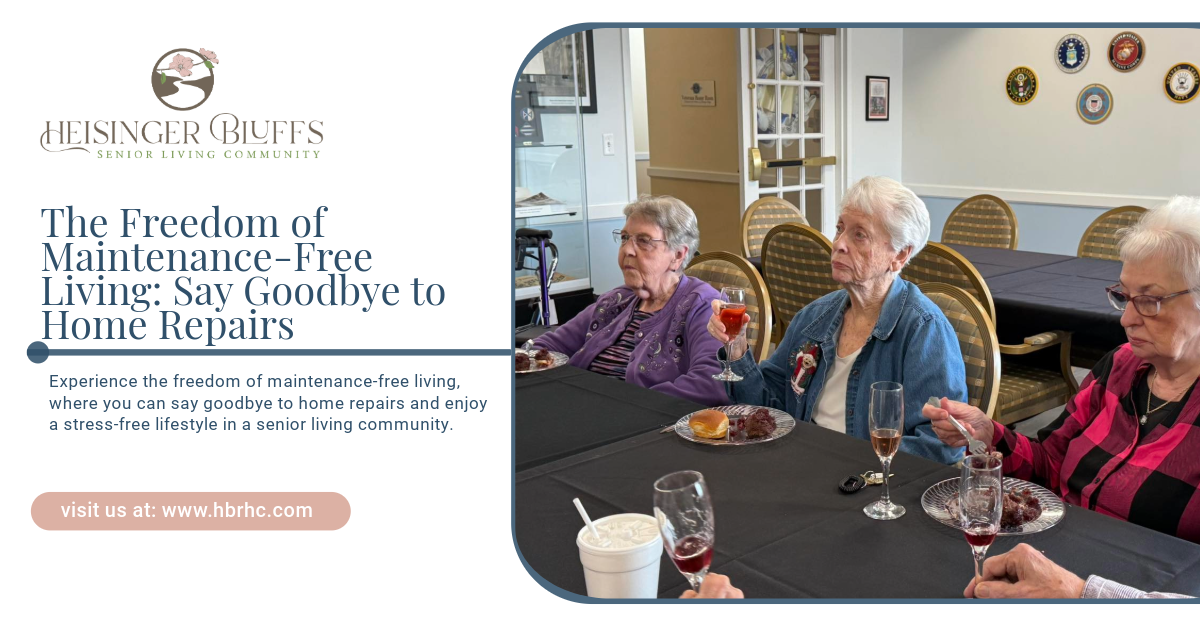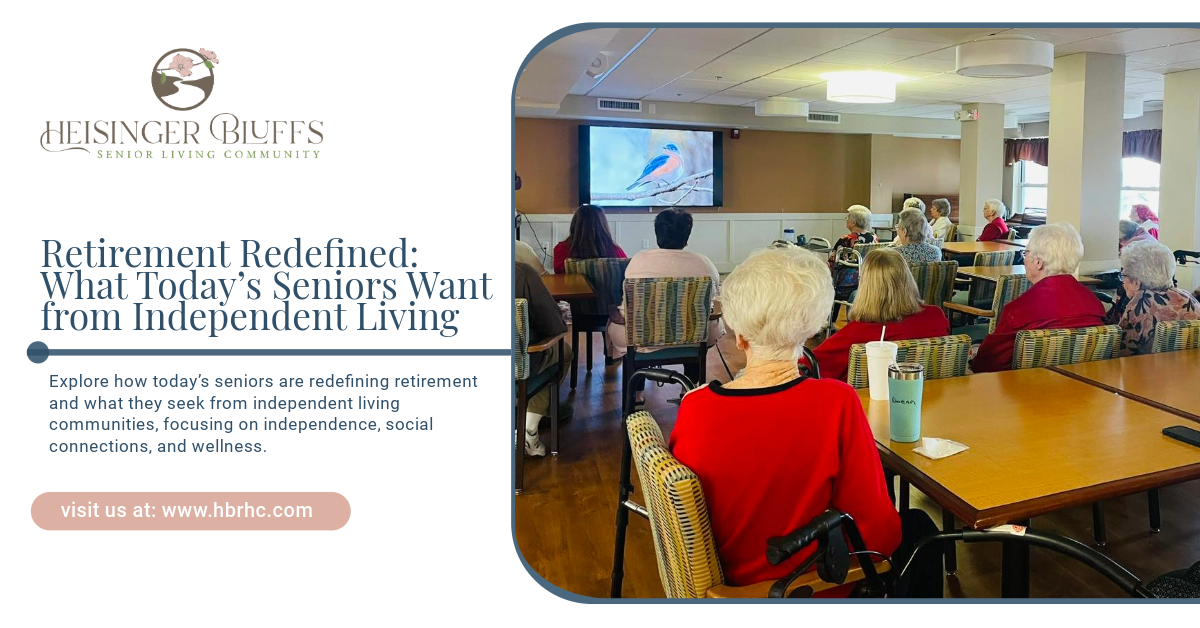When Siblings Disagree About Senior Care: Finding Common Ground

When it comes to senior care, siblings often face the challenge of making decisions for aging parents or relatives. The responsibility of ensuring the best care for a loved one can sometimes create friction, especially when siblings disagree about what is in the best interest of their parent. Whether it’s the level of care needed, the type of care setting, or who should be the primary caregiver, these disagreements are common. However, finding common ground is essential for the well-being of your loved one and for maintaining family harmony.
In this blog, we’ll explore common reasons why siblings disagree about senior care, the emotional dynamics at play, and strategies for resolving conflicts to ensure a smooth decision-making process. With the right approach, you can navigate these challenging conversations and arrive at a solution that works for everyone.
Understanding the Root Causes of Disagreements
Disagreements about senior care are often rooted in deeper emotional and logistical concerns. Here are a few common reasons why siblings may find it difficult to agree:
Different Perspectives on What’s Best for Mom or Dad
Each sibling may have a different perspective on what is best for their parent based on their own relationship with them. For example, one sibling may feel that their parent would be happiest remaining at home with in-home care, while another might believe a senior living community would provide the best support and social opportunities. These different viewpoints can lead to tension, as each sibling may be convinced their approach is the right one.
Guilt and Emotional Baggage
Sometimes, underlying emotional issues from childhood or past experiences can influence how siblings approach the care of an aging parent. Feelings of guilt, unresolved conflicts, or a history of caregiving responsibilities can create stress when making decisions. These emotions can lead to disagreements or difficulty seeing eye-to-eye on the best path forward.
Differences in Caregiving Roles
Some siblings may feel more comfortable taking on the caregiving role, while others may feel overwhelmed or unequipped to handle the responsibilities. The sibling who takes on the primary caregiving role may feel resentful if other siblings don’t offer enough support, leading to tension. Conversely, siblings who feel excluded from decision-making might express frustration, thinking that their input isn’t being valued.
Financial Concerns
Money often becomes a major source of contention when making decisions about senior care. Senior care, particularly long-term care, can be expensive. Siblings may disagree on who should bear the financial burden, how to manage their parent’s assets, or whether certain care options are worth the cost. These financial stressors can exacerbate existing tensions.
Approaching the Conversation with Compassion
When siblings disagree about senior care, it’s important to approach the conversation with understanding and compassion. Here are a few strategies to help ensure the discussion stays productive and respectful:
Open and Honest Communication
Open communication is key. Encourage each sibling to share their thoughts, feelings, and concerns without judgment. Listen actively to one another and try to understand the motivations behind each sibling’s viewpoint. It’s essential that everyone feels heard, which can help reduce feelings of frustration or resentment.
Acknowledge Emotional Underlying Issues
Acknowledge that the decision-making process may be difficult because of the emotions tied to caring for a loved one. If past family dynamics or unresolved issues are influencing the discussion, it might be helpful to bring these concerns to the surface. Sometimes, bringing in a third-party mediator, like a family therapist, can help clear the air and facilitate healthy communication.
Focus on What’s Best for Your Parent
It’s easy for siblings to get caught up in their own needs and desires, but the primary focus should always be on what is best for your aging parent. Encourage everyone to put aside personal emotions and remember that the decision should prioritize their parent’s health, happiness, and quality of life. Discuss how various options align with these goals, keeping in mind the parent’s preferences, needs, and any advanced directives.
Exploring Different Senior Care Options
There are many different options available for senior care, and it’s crucial for siblings to understand these options fully before making a decision. Some common choices include:
In-Home Care
In-home care allows seniors to remain in the comfort of their own home while receiving assistance with daily activities such as bathing, meal preparation, and medication management. This option works well for seniors who are mostly independent but need some help with routine tasks.
Assisted Living
Assisted living communities offer a middle ground between independence and more intensive care. Residents live in private or shared apartments and receive help with activities like dressing, bathing, and medication management. These communities also provide opportunities for socialization, recreation, and meals.
Memory Care
For seniors with conditions like Alzheimer’s or other forms of dementia, memory care units provide specialized care. These communities are designed to offer a safe, secure environment where residents can receive the personalized care they need while also engaging in activities that support their cognitive health.
Skilled Nursing and Long-Term Care
Skilled nursing facilities provide 24-hour medical care for seniors who have complex health needs that cannot be managed at home. This option is suitable for individuals with chronic conditions, rehabilitation needs, or those requiring specialized medical attention.
Hospice Care
For those in the final stages of a terminal illness, hospice care focuses on comfort and quality of life rather than curative treatments. Hospice care can be provided at home, in a hospice facility, or in a senior living community.
Continuing Care Retirement Communities (CCRCs)
CCRCs offer a range of care levels, from independent living to skilled nursing, all within the same community. This option allows seniors to "age in place," transitioning to higher levels of care as their needs evolve.
Mediating Disagreements and Finding a Compromise
When siblings disagree, it’s important to find common ground that respects each sibling’s perspective while prioritizing the needs of the senior. Here are some steps to help mediate disagreements and arrive at a compromise:
Take a Collaborative Approach
Rather than positioning themselves as opponents, siblings should adopt a collaborative mindset. It’s not about one sibling winning and another losing—it’s about finding a solution that works for everyone. Work together to create a plan that aligns with your loved one’s needs and preferences, while also being mindful of the practicalities of caregiving.
Seek Professional Advice
If the disagreements persist, it may be helpful to consult professionals, such as social workers, eldercare specialists, or geriatric care managers. These experts can provide valuable insight into the senior care process, explain available options, and help facilitate the decision-making process.
Plan for the Future
Disagreements can often arise when siblings are reacting to immediate needs. It’s helpful to plan ahead by discussing long-term goals and preferences for senior care. Encourage your parents to share their wishes early on, and make sure all family members are on the same page about how to handle future caregiving responsibilities.
Involve Your Parent in the Decision
While it’s not always possible for a parent to be fully involved in the decision-making process, involving them as much as possible can reduce feelings of resentment or misunderstanding. Many seniors have strong opinions about where they want to live and the type of care they wish to receive. Respecting their preferences can make the decision feel more collaborative and less like a top-down imposition.
Establishing a Supportive Caregiving Plan
Once a decision has been made, it’s important to create a clear caregiving plan that everyone agrees upon. This plan should outline the roles and responsibilities of each sibling, as well as any financial considerations. It’s also important to regularly check in and reassess the plan as circumstances change.
In addition, ensure that each sibling has the support they need to handle the caregiving process. Caregiving can be emotionally and physically draining, so it’s essential to establish a system of support that includes respite care, professional help, and open communication.
Conclusion
Navigating disagreements about senior care can be challenging, but with the right strategies, siblings can find common ground and ensure their loved one receives the care they deserve. Open communication, empathy, and a focus on the parent’s needs are essential for resolving conflicts and maintaining family harmony.
At Heisinger Bluffs, we understand the complexities of caregiving and are committed to providing a supportive environment where families can feel confident about their loved one's care. Whether your family is exploring independent living, assisted living, or specialized care options, we are here to help guide you through the process with compassion and expertise.
Frequently Asked Questions
How can we start the conversation about senior care with our siblings?
Start by scheduling a family meeting and discussing each sibling’s concerns and ideas openly. Focus on listening to one another, being patient, and trying to understand each sibling's perspective. Make sure the conversation centers around your loved one’s needs, not personal agendas.
What if one sibling refuses to take on a caregiving role?
If one sibling is unwilling to help with caregiving duties, try to understand the reasons behind their reluctance. Offer to share the responsibilities in a way that feels manageable for everyone, and explore professional caregiving options, such as home health aides or adult day programs, to lighten the load.
How can we ensure that our parent’s wishes are respected during the decision-making process?
The best way to ensure your parent’s wishes are respected is to have open discussions with them about their preferences long before caregiving needs arise. Consider setting up legal documents, like an advance directive or power of attorney, to make sure their wishes are clearly understood and can be honored.
Sources:
- https://workingdaughter.com/the-truth-about-siblings-and-caregiving/
- https://health.usnews.com/senior-care/articles/levels-of-care-for-the-elderly
- https://health.usnews.com/senior-care/articles/senior-home-care-aging-in-place
- https://www.alz.org/
- https://pmc.ncbi.nlm.nih.gov/articles/PMC2791523/











